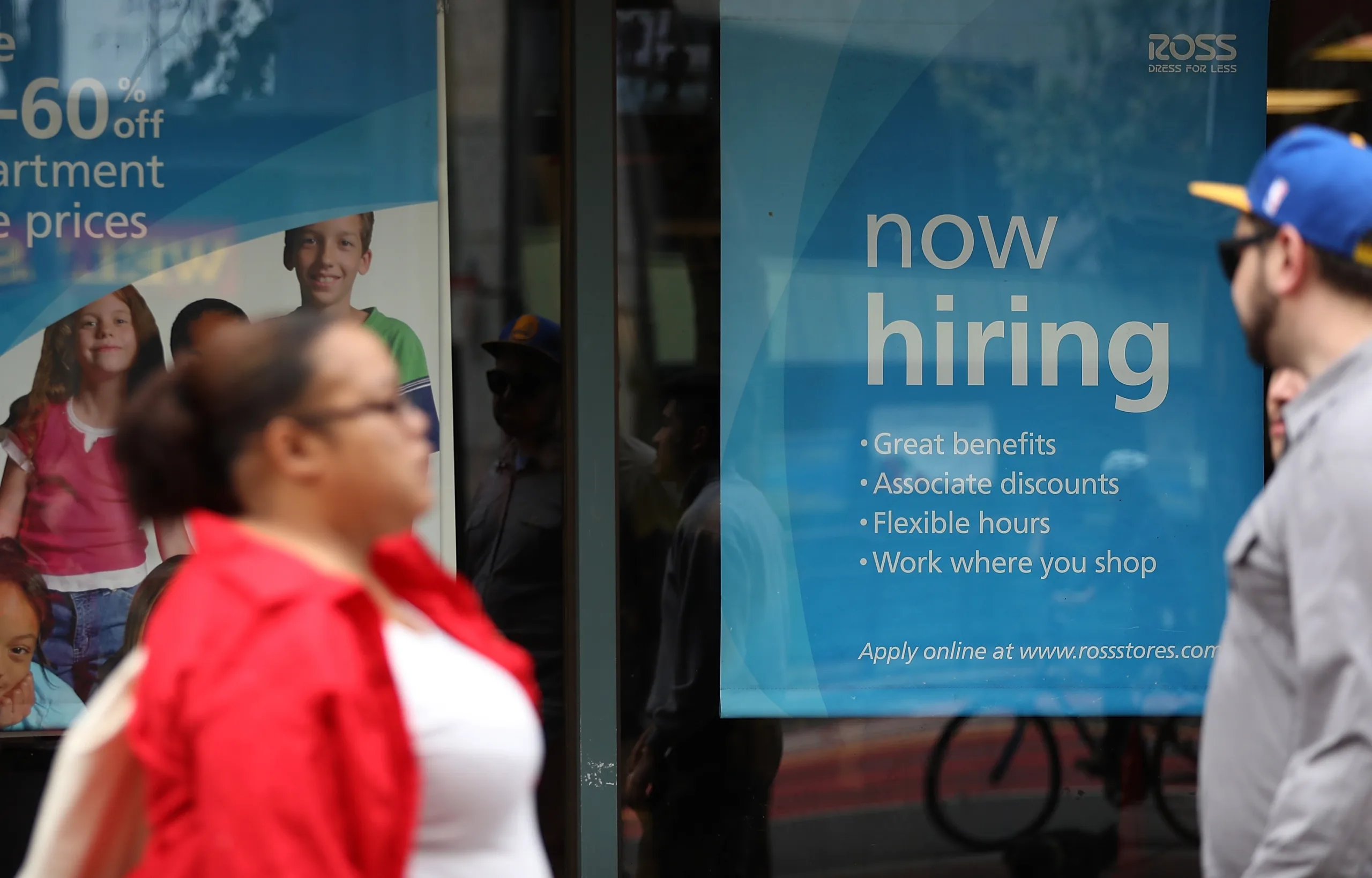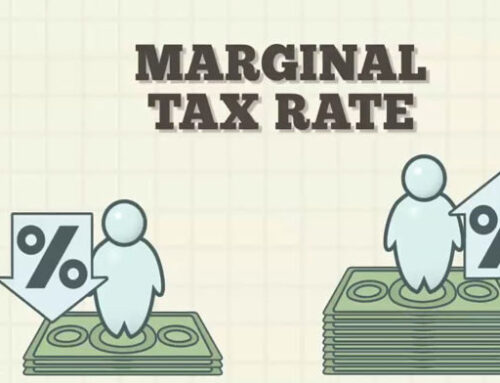In 2020, close to two million Canadians experienced job losses, primarily due to COVID-19-related closures. Coping with sudden unemployment can be incredibly stressful, and it’s understandable that tax obligations may not be your top priority. However, we’re here to provide assistance and highlight five essential things you should be aware of if you suddenly find yourself without a job.

-
Filing your return for Sudden Unemployment is essential.
Even if you have a small or no income to report this year, it’s important to file a return. Every Canadian resident is entitled to claim the basic personal amount, a tax credit that reduces your tax liability. The maximum basic personal amount for 2020 is $13,229. If your income is below this threshold, you won’t owe federal taxes this year. Additionally, filing a return provides the government with the necessary information to determine your eligibility for federal and provincial benefits like the Canada Child Benefit (CCB) and GST/HST Credit. Not filing a return for sudden unemployment could result in missing out on these benefits.
-
COVID-19 emergency benefits may be taxable.
If you received financial assistance through COVID-19 emergency benefits such as the Canada Emergency Response Benefit (CERB), it counts as taxable income. This means your total income for the year may be higher or lower than the previous year, potentially affecting your tax bracket and the amount of tax you owe for sudden unemployment. If you received these benefits and your net income is below $75,000, the CRA and Revenu Québec will not charge interest on the tax owed from your 2020 return until April 30, 2022 for sudden unemployment. To understand how COVID-19 relief measures impact your taxes and to see a list of tax-free federal and provincial emergency benefits, refer to this blog.
-
Employment Insurance (EI) benefits may be subject to taxation.
If you lost your job involuntarily and received Employment Insurance (EI) benefits, they are taxable. You will receive a T4E slip (or T4E(Q) slip for residents of Québec) that shows the employment insurance received or repaid during the year, helping you determine the tax owed. Keep in mind that EI benefits are subject to a clawback if your net income exceeds $67,750, requiring you to repay a portion of the benefits to the CRA. This clawback only applies to regular benefits and not to special benefits such as maternity, parental, sickness, and family caregiver benefits.
-
Childcare expenses can still be claimed.
Typically, you can only claim childcare expenses if you paid them while working or attending school. However, as a temporary measure for 2020 and 2021 returns, this requirement is waived if you received EI benefits or COVID-19 relief benefits. If you were sudden unemployment but received these benefits, you can claim your childcare expenses. The amount you received in EI benefits or COVID-19 relief benefits determines the allowable claim for childcare expenses. Use the T778 form (or Schedule C for residents of Québec) to claim these expenses.
Also read: Are you at risk of being penalized with the Underused Housing Tax?

-
Decide when to receive your pension.
If you were part of a Registered Pension Plan (RPP) when you lost your job, you have options for receiving your benefits:
- Wait until regular retirement age (typically 65 years old).
- Transfer the value of your plan to a Locked-in Retirement Account (LIRA), which can only be accessed once you reach retirement age (note that any excess contributions over your RRSP deduction limit will be reported as income).
- If you find a new job, you may be able to transfer your benefits to your new employer’s pension plan.
If you received a lump-sum payment from your previous employer as severance pay, compensation for loss of employment, or unused sick leave, it is generally taxable as a retirement allowance. The tax rate for the payment depends sudden unemployment on the amount received. Refer to box 66 of your T4 slip for the retirement allowance amount.
Recent Posts
FAQ
Are Employment Insurance (EI) benefits taxable if I lost my job involuntarily?
Yes, if you lost your job involuntarily and received EI benefits, they are taxable. You will receive a T4E slip (or T4E(Q) slip for residents of Québec) that provides details about the employment insurance received or repaid during the year. This slip will help you determine the amount of tax you owe based on your EI benefits. It's important to note that if your net income exceeds $67,750, you may be subject to a clawback, requiring you to repay a portion of the benefits to the Canada Revenue Agency (CRA). However, this clawback only applies to regular benefits and not to special benefits like maternity, parental, sickness, and family caregiver benefits.



